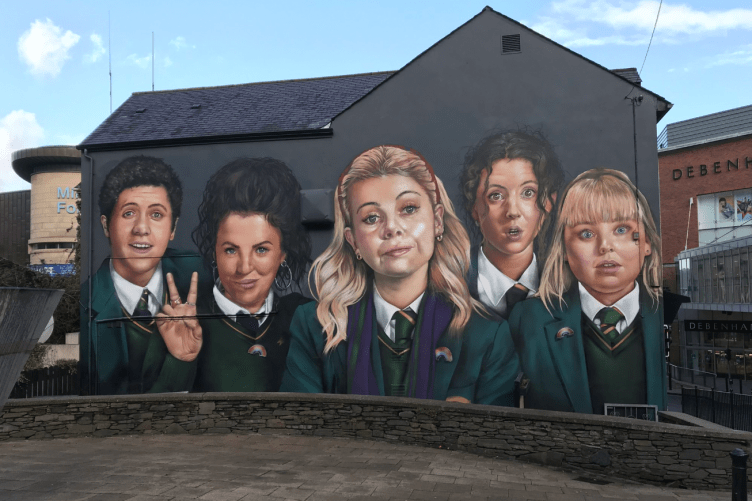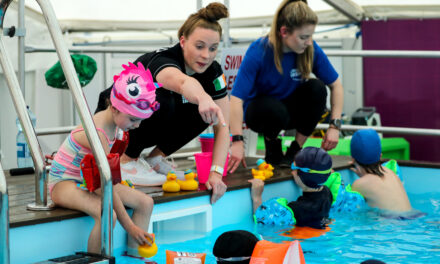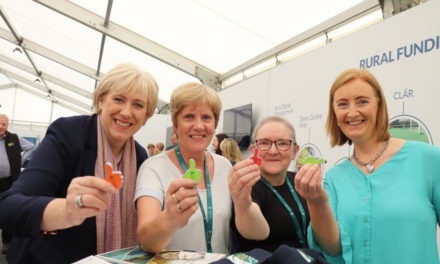Humour should be recognised by academia as a tool in non-formal education settings and for engaging youth. It should be part of the curriculum on courses purporting to teach youthwork and related subjects, say the organisers of a comedy festival with a difference, held in June.

• The ‘Humour Festival’ was aimed at youth workers and non-formal educators. Photo courtesy: Youth.ie
Humour should be recognised by academia as a tool in non-formal education settings and for engaging youth. It should be part of the curriculum on courses purporting to teach youthwork and related subjects, say the organisers of a comedy festival with a difference, held in June.
The ‘Humour Festival’ was aimed at youth workers and non-formal educators and it set out to “celebrate the value, importance, relevance, benefits, and power of humour” in working with individuals and groups.
It was the first event of its kind and involved facilitators and attendees from across Ireland and the EU. It was all conducted online.
BOTTOMS UP!
The 20 or so workshops included titles such as ‘Bottoms Up! Comedy Steps towards Change’, ‘Humour as Healing’, ‘Humour & Theatre of the Oppressed’ and ‘Humour as Resilience’.
According to Derry-based youth worker Fergal Barr, one of the organisers, humour creates openings and outcomes, especially when you’re trying to support young people.
“If you giggle together, you’re making time with them, you’re being sincere and you’re being yourself. You can then transform the relationship,” he says.
TRUST BUILDING
“A lot of young people are coming with a lot of baggage and anger about stuff. Having fun with them and giggling together might create an opening. They might see that you’re sincere and trust you more than other adults,” he says.
The festival pointed attendees to resources to incorporate humour and fun into their work. For instance the Myers Briggs test can be channelled through The Simpsons characters.
Watch this space for more from the Humour Alliance on the value of humour in community settings.






